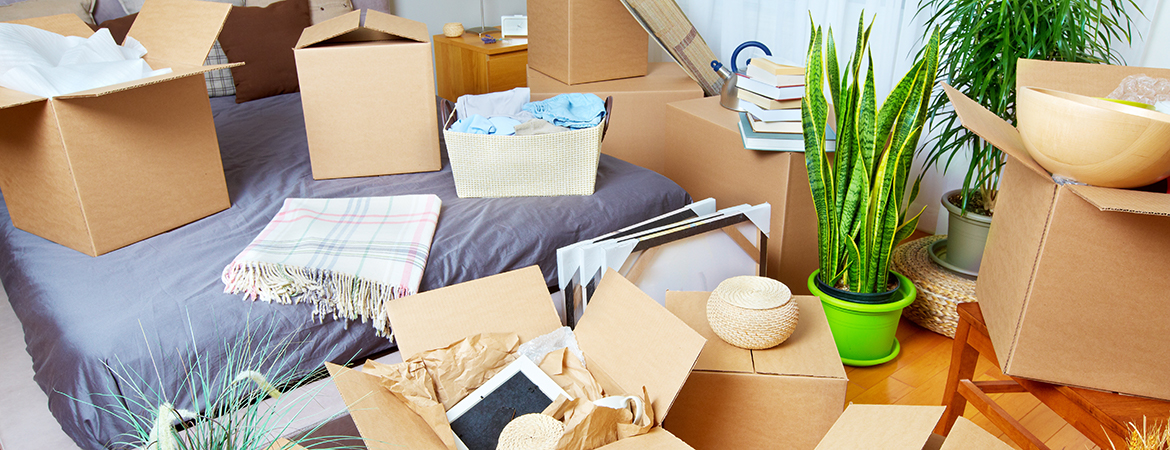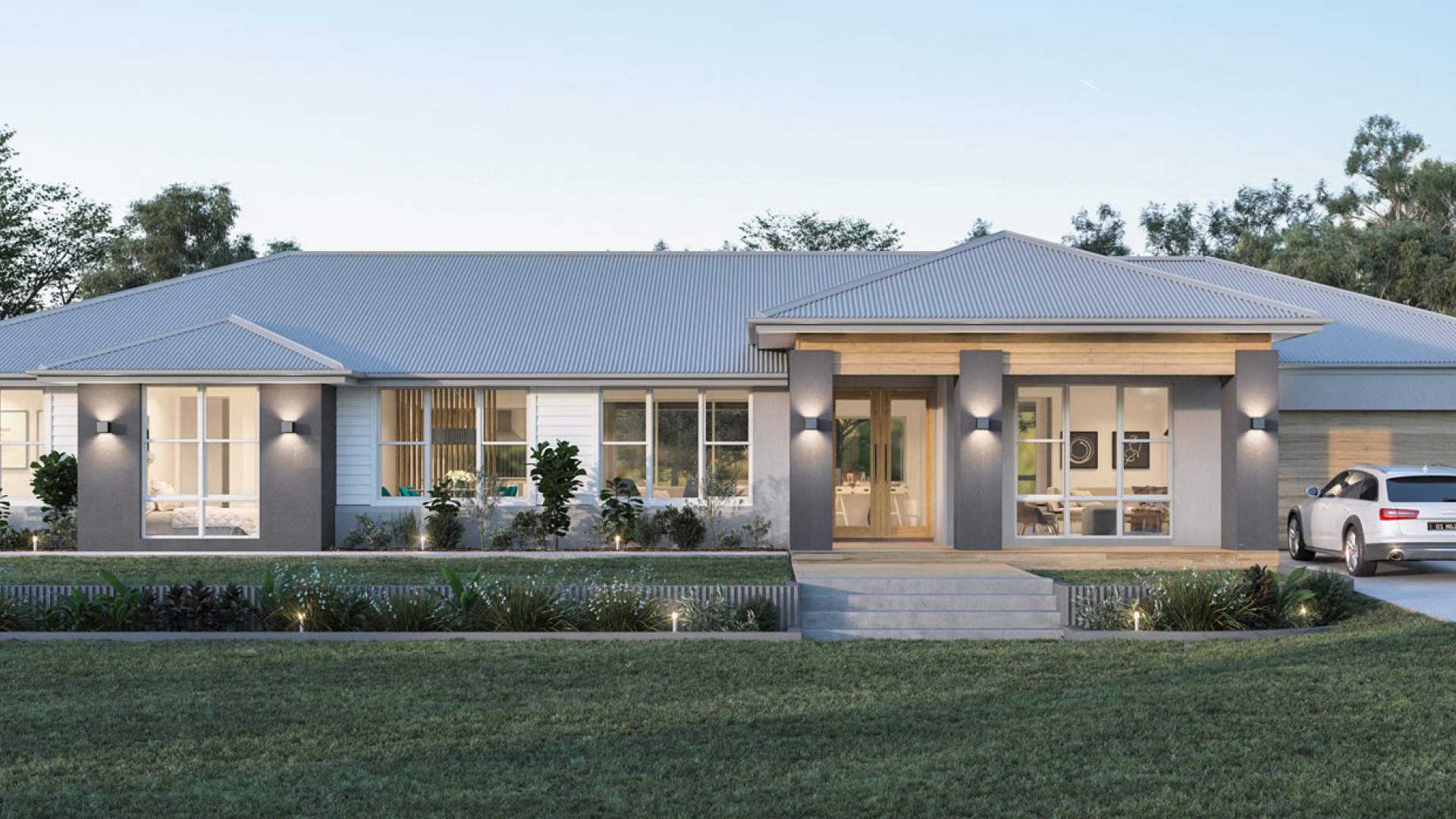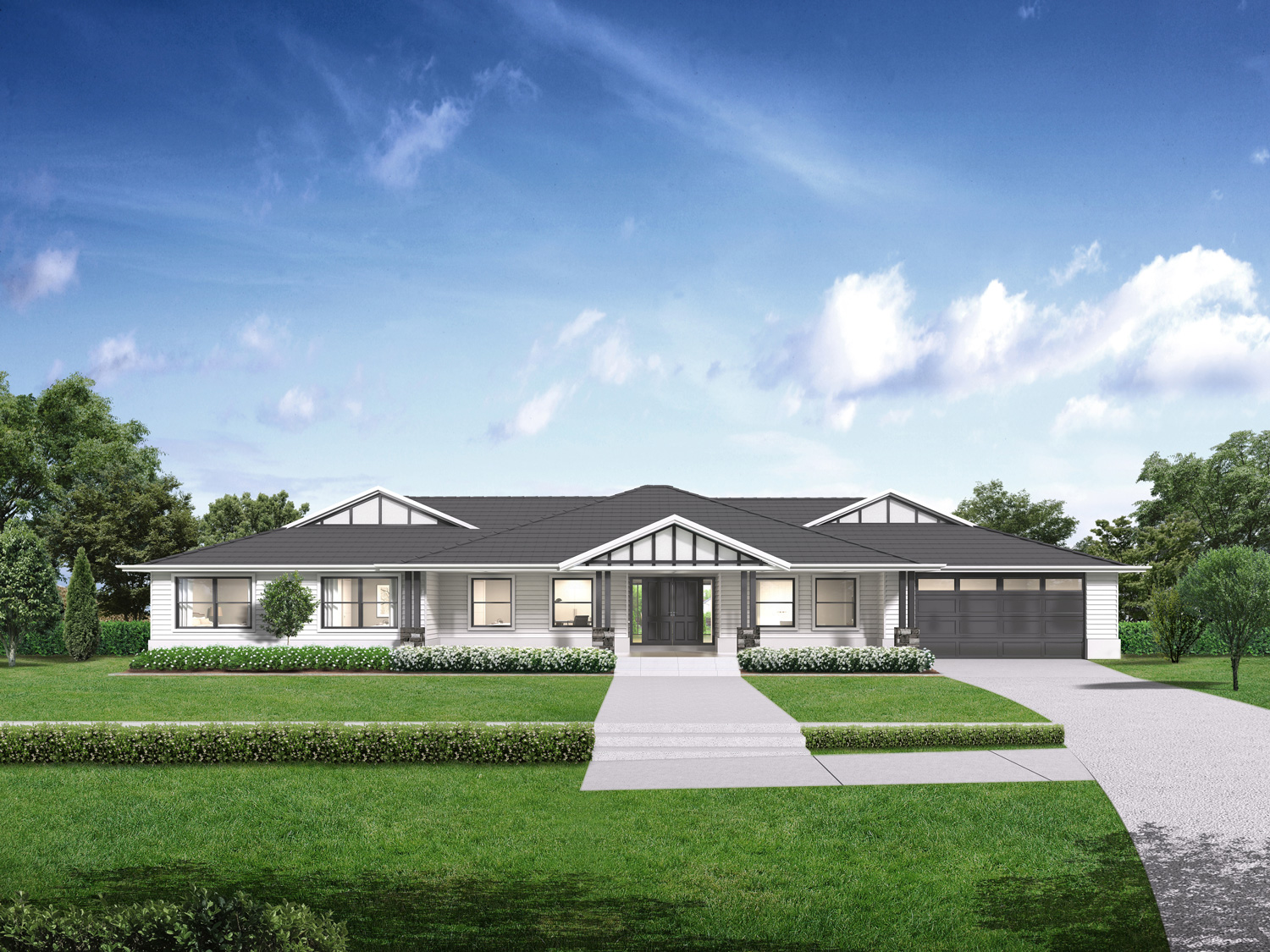Table of Content
The insurance products described on this website may not be a complete list of all products offered and may not be offered in all states. The provided information does not amend, or otherwise affect, the terms and conditions of any insurance policy issued by ProAg or any of its subsidiaries; always refer to the policy provisions. Actual coverages will vary based on the terms and conditions of the policy issued. Underinsurance refers to inadequate insurance coverage, which can cause financial hardship for a policyholder.
Yes, a standard homeowners insurance policy includes protection for both property damage and personal liability. That means if your home or belongings are damaged by a covereed loss, home insurance can help cover the cost of repairs. Most standard home insurance policies come with actual cash value personal property coverage and replacement cost dwelling coverage. But depending on your insurer and what they offer, you may be able to upgrade to the next level of coverage for an additional fee. Property insurance is a type of insurance policy that can provide coverage for property owners or renters. Examples of property insurance include homeowners, renters, and flood insurance policies.
How to buy flood insurance coverage
If you pay for home insurance, you should have receiveda declarations pageamong your policy documents. On it you'll find what's covered in your policy under the categories dwelling, other structures, personal property, loss of use, liability and medical coverage. Each of these categories, while fairly self-evident, could use a bit more explanation. While the explanations below are in broad strokes, it's always the best practice to confirm independently what your policy does and does not cover. Our sample policy includes $300,000 of dwelling coverage, $300,000 of liability coverage and a $1,000 deductible. The cost of your own homeowners insurance will depend on your location, the size of your house and how much coverage you need.

Hover over your state on the map below to see the average home insurance cost. If you have any kind of structure on your land, even if it is temporary, your land is no longer "vacant" and will not be covered by vacant land insurance. If you decide to start constructing a building on your formerly vacant land, the land insurance will be void for that structure. Most homeowners insurance policies include coverage for injuries incurred on your property where you are liable. This could include something like someone slipping on a patch of ice that’s on your front walk, or falling as a result of a broken step on your porch. An example of this would be if you were selling your home and moved out, taking all of your belongings and furnishings with you.
What Homeowners Insurance Covers
But what happens if your car is broken into while it’s in your driveway or garage? This is where the distinction between your home and auto insurance policies can become a little blurry. Learning what is and isn’t covered by homeowners insurance often requires reading the fine print on your insurance contract before you purchase a policy. Although every homeowners insurance policy is different, almost all insurance policies have some coverages in common. McFarlane Agencies is able to provide insurance coverage for owners or renters of a farm or acreage. With a pool of companies to choose from, policy packages are offered to insure your home, contents, outbuildings and liability exposures.

With just a few clicks you can look up the GEICO Insurance Agency partner your General Liability Policy is with to find policy service options and contact information. With just a few clicks you can look up the GEICO Insurance Agency partner your Business Owners Policy is with to find policy service options and contact information. Finishing your basement, adding a sunroom or upgrading to your dream kitchen can make a big impact on your quality of life at home. But these types of remodeling projects can also affect your insurance needs, potentially leaving you underinsured. Some companies offer discounts if you pay your premium in full upfront rather than in monthly installments.
Homeowners insurance coverages types
Personal property coverage covers damage or theft to furniture, electronics, clothing, washing machines, sports equipment, and basically anything that you can move into or out of your home. This coverage applies to belongings inside your house and anywhere else in the world, meaning if someone steals a laptop from your hotel room, home insurance may be able to help pay for a new one. Regardless of whether you own or rent, it’s important to have some form of insurance to protect your belongings in case of an emergency. Home insurance cover losses and damages to an individual’s home caused by natural disasters, theft or accidents. Farm and acreage owners living in a mobile, modular or log home or who have wood burning stove can also be accommodated.

This coverage pays for the full cost of replacing or repairing a damaged or destroyed home, even if it is above the policy limit. Guaranteed and extended replacement cost policies are designed to protect the policyholder from increases in the cost of building materials over time. Home insurance quotes annually is the best way to ensure you’re still getting the best possible deal. Make sure the coverage limits and deductibles are similar on all three policies to get a fair comparison.
Personal liability coverage
Additional coverage is available for surgical extension, death claim reimbursement, tack, liability and loss of use. I have never had any problems getting answers from them about payments or claims. There are also additional benefits as I mentioned earlier in the survey.
And vacant land insurance protects the landowner's financial interest if someone is hurt or killed while on that property. If you need liability coverage for your land, an independent agent is a great resource. Find a local insurance agent in your area today to compare quotes and get the land insurance coverage that you need. The easiest way to add land insurance is through your homeowner’s policy. If you own a home, you can typically extend your liability coverage to include your vacant land. If you have an umbrella liability policy, be sure to add your vacant land to that policy as well, and update your liability if needed.
Common inclusions cover floods, mold, maintenance issues or earthquakes. Winter storm related damages should be covered, though it's best to confirm in your policy. Let GEICO help protect where you live and what you own with our different types of property insurance. Because some studies have shown a correlation between poor credit and filing claims, those with a checkered credit history may pay more for homeowners insurance. The average cost of homeowners insurance in the U.S. is about $1,784 a year, but rates vary by state. If you plan on using your property for hunting and allow others use it as well, it’s very important to purchase property insurance.

Say you own a rental home, for instance, and your tenant has given their notice. You expect it to take a month or two to find a replacement tenant and get them moved in. You may be able to use an endorsement to alter your current policy’s coverage until the home is occupied again. Personal property is typically accounted for in your policy as well.
You can find a licensed contractor through a building trade association. Replacement cost, you may need to raise your dwelling coverage limit as well. Insurers use a variety of factors to price homeowners insurance rates. For example, you might pay more if you live in a neighborhood with a high crime rate or in an area prone to hurricanes.

Insurers determine the value of a house by using a number of factors, including location, size, condition, age, and values of properties nearby that have recently sold. Kirsten Rohrs Schmitt is an accomplished professional editor, writer, proofreader, and fact-checker. She has expertise in finance, investing, real estate, and world history. Kirsten is also the founder and director of Your Best Edit; find her on LinkedIn and Facebook.
Property insurance provides financial reimbursement to the owner or renter of a structure and its contents in the event of damage or theft. Damage or destruction due to vandalism, fire and certain natural disasters are all usually covered. This article has been reviewed by a licensed Policygenius expert to ensure that sources, statistics, and claims meet our standard for accurate and unbiased advice.

No comments:
Post a Comment